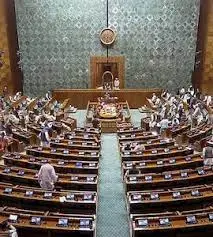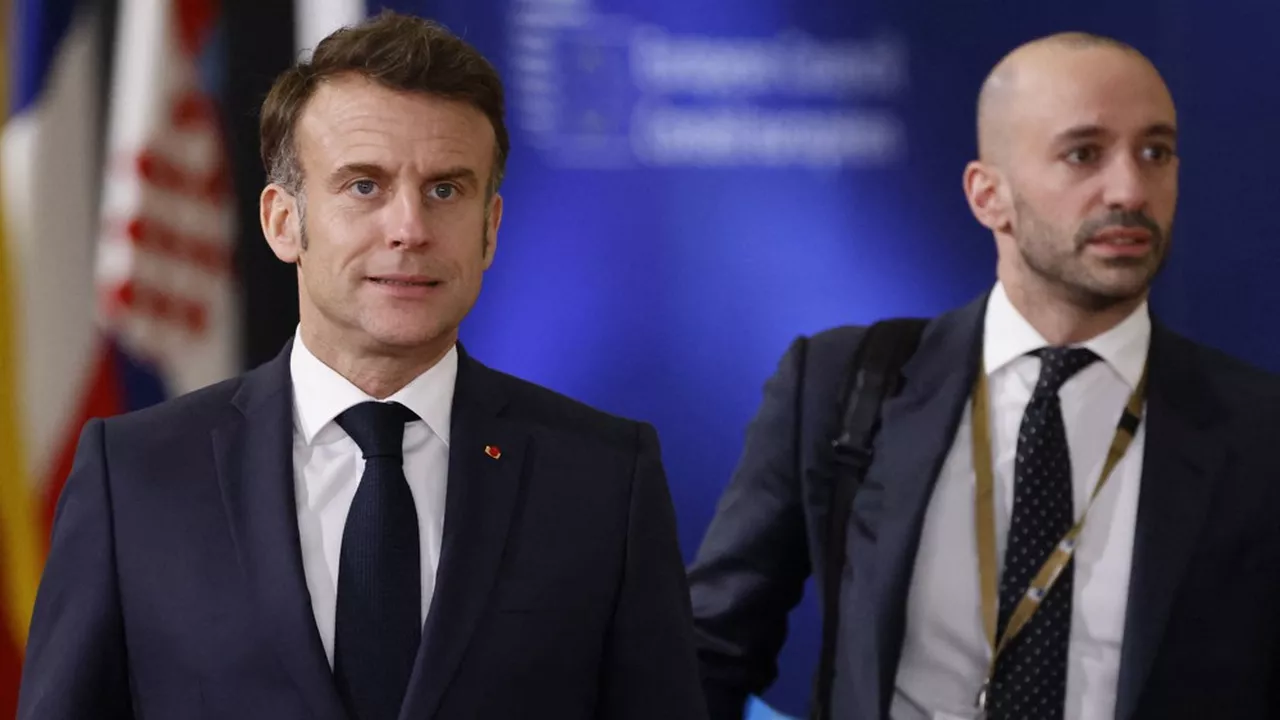Senior MP Temporarily Steps Down from Parliamentary Duties Due to Health Concerns
A well-known Member of Parliament has announced a temporary leave of absence from Westminster to address a serious health condition. The MP’s decision has prompted bipartisan support and renewed discussions about mental and physical health in political life.
A prominent Member of Parliament has officially announced a temporary withdrawal from parliamentary duties to focus on recovering from a serious health issue, prompting an outpouring of cross-party support and reigniting public debate about the toll of political life on personal wellbeing. The MP, whose name is being withheld at the time of this writing out of respect for privacy and pending formal statement to constituents, informed party leadership and colleagues earlier this week that medical advice necessitated an extended break from both constituency and parliamentary duties. A Difficult but Necessary Decision In a personal statement released via the MP’s official office, the lawmaker explained, “I have been advised by my medical team to take a leave of absence to focus entirely on treatment and recovery.
This has been an incredibly difficult decision, but one made in the interest of my health, family, and ability to eventually return and serve my constituents fully. ”The announcement comes amid a particularly active legislative season, with several key policy debates and constituency challenges unfolding. However, colleagues across the political spectrum have responded with compassion, emphasizing that health must always take precedence over political pressures.
Cross-Party Support and Public Messages Prime Minister Rishi Sunak was among the first to issue a statement of support: “Public service demands extraordinary commitment, and we all wish [the MP] a swift and complete recovery. Our thoughts are with them and their family during this time. ”Labour leader Keir Starmer echoed the sentiment, writing on social media, “We all have moments when life demands we step back.
The House stands united in wishing our colleague strength and healing. ”Backbench MPs, advocacy organizations, and parliamentary staffers also voiced support, praising the MP’s transparency and setting an example for others facing similar challenges. The Stigma of Illness in Public Office The announcement has triggered renewed discussion on the expectations placed upon politicians—especially around health, vulnerability, and the pressure to appear constantly available and resilient.
While the MP has chosen not to disclose the specific nature of the illness, sources close to the office confirmed that the condition is “serious but treatable,” and that the MP intends to return to full public service after completing treatment. “It’s unfortunate that in politics, taking care of your health is sometimes seen as weakness,” said Dr. Alison Merrick, a health policy researcher.
“But it shouldn’t be. Politicians are human beings, and this move is a responsible, courageous example of prioritizing long-term capacity over short-term optics. ” Constituency Support and Arrangements In the MP’s absence, the parliamentary office will continue to function under the leadership of senior staff, and casework for constituents will be handled by an interim team approved by both Parliament and the MP’s political party.
Local councillors and party volunteers have also stepped up to assist with ongoing constituent services, emphasizing continuity in representation. “We are fully committed to ensuring that [constituency name] residents experience no disruption,” said a senior caseworker from the MP’s office. “We’re coordinating closely with the party, local authorities, and Westminster to keep everything running smoothly.
” Mental Health in Politics: A Rising Concern The incident has added to a growing list of recent political figures—across party lines—who have publicly disclosed breaks due to physical or mental health concerns. In recent years, MPs and Lords have opened up about struggles with anxiety, burnout, cancer, autoimmune conditions, and other chronic illnesses. A 2023 parliamentary study found that over 60% of MPs reported experiencing symptoms of work-related mental health issues, including stress, insomnia, and exhaustion, often exacerbated by online harassment, media scrutiny, and workload.
“Parliament is a high-pressure environment where personal boundaries are often blurred,” said Ruth Clarkson, director of Wellbeing in Westminster, a mental health advocacy group. “We’ve come a long way in reducing stigma, but more institutional support is urgently needed. ” Calls for Institutional Reform Following this latest development, several MPs have renewed calls for systemic reforms to how Parliament handles medical leave.
Suggestions include establishing clearer protocols for temporary replacements, enabling remote participation during recovery, and expanding healthcare support services for members. “MPs should not have to choose between deteriorating health and doing their jobs,” said Green Party MP Caroline Lucas. “We must build a compassionate and functional system that accommodates the realities of human life.
”Proposals are already being drafted by the House of Commons Commission to formalize paid sick leave structures and ensure better mental health resources across all party caucuses. Constituent Reactions: Empathy and Encouragement In the MP’s home constituency, the news has been met with a mix of concern and heartfelt encouragement. Community leaders and local newspapers have published open letters offering support and commending the MP’s prior service.
“I may not agree with all their politics,” said one local resident, “but I respect anyone who takes a step back to take care of themselves. That’s brave and necessary. ”Local civic organizations have also offered resources to assist with continued constituent engagement, ensuring the absence won’t interrupt casework or delay ongoing projects.
Media Response and Responsible Coverage So far, national media outlets have generally respected the MP’s request for privacy, choosing not to speculate on the specific diagnosis or treatment plans. Advocacy groups have praised this shift toward more respectful and ethical journalism around personal health matters. “Just a few years ago, an announcement like this might’ve triggered tabloid feeding frenzies,” said veteran journalist Martin Hale.
“But we’re seeing more maturity in how the media treats personal boundaries, and that’s progress. ” Looking Ahead: Recovery and Return Though the MP has not set a firm return date, aides confirm that the goal is to resume duties once medically cleared. Updates will be issued periodically, and the Speaker of the House has pledged to support a smooth transition whenever the MP is ready to return.
In the meantime, Parliament will continue functioning with one fewer active voice—a gap that some colleagues have said they feel deeply. “They’re not just a colleague,” said one senior MP. “They’re a friend.
And we’ll be waiting with open arms when they’re ready to come back. ” Conclusion: A Moment for Reflection The MP’s decision to step back from Parliament due to illness is not just a personal moment—it’s a national reminder that health must be prioritized, even in the most demanding of professions. Their transparency may help destigmatize illness in public life and open the door for more humane policies that support politicians as whole people—not just public figures.
As the country wishes the MP a full and speedy recovery, the incident serves as a powerful call to treat mental and physical health with the same urgency, dignity, and understanding that we expect our lawmakers to extend to the public they serve.
24th july 2025



